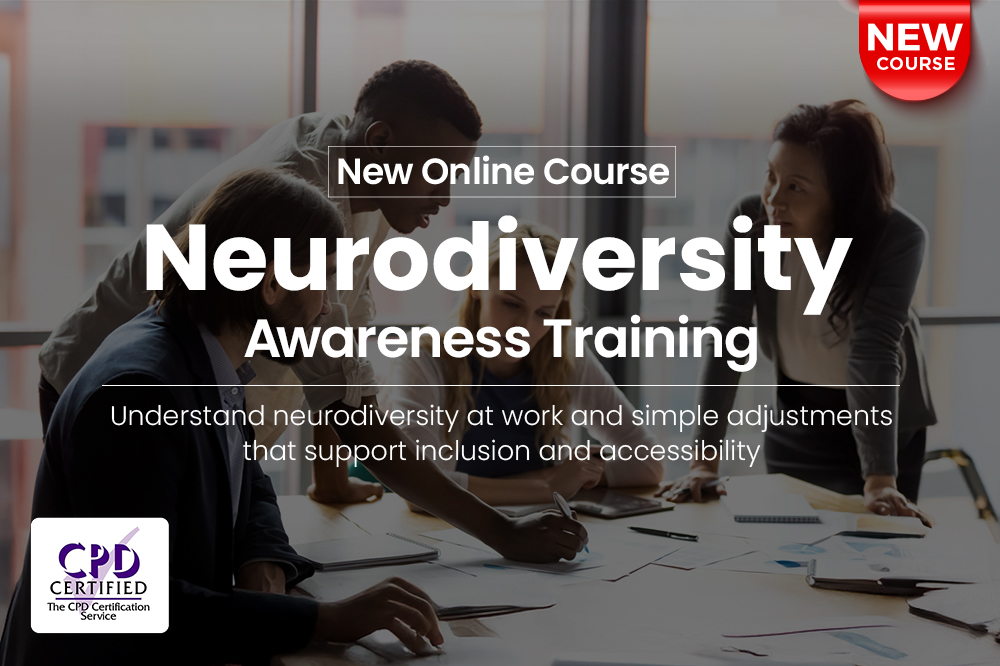
Visionary leaders know that “Culture eats strategy for breakfast.” These are the words of Peter Drucker, renowned management consultant and writer.
Or, to put it another, less colourful way: improving workplace culture is the best route to business success.
And an equality, diversity and inclusion policy can be one of the most powerful tools to create the type of culture that will put strategy to shame.
Read our guide to learn why you must promote diversity and inclusion in your workplace.
The Difference Between Equality, Diversity and Inclusion
Before you can start creating your own equality, diversity and inclusion policy, you must understand the terms and their differences:
Equality – Making sure everyone has equal opportunities to succeed
Diversity – Recognising everyone is unique and celebrating everyone’s differences
Inclusion – Creating an environment where everyone can do their best
Since equality, diversity and inclusion are often mentioned together, they’re commonly referred to as EDI to save time.
Of all the terms, equality is most often misunderstood. It doesn’t mean everyone should be treated exactly the same. It’s about giving everyone what they need to have equally successful outcomes.
In fact, treating everyone exactly the same goes against the notions of diversity and inclusion. Everyone’s different; sometimes those differences mean people need additional support to succeed. If a workplace is inclusive, it’ll give all employees whatever support they need to thrive.
What Can an Equality, Diversity and Inclusion Policy Do for Your Organisation?

1 – Drive Innovation
Having diverse teams drives innovation. Employees with diverse backgrounds, life experiences and perspectives foster diversity in thinking.
And this difference in thought leads to new better ideas.
People will have to work harder to communicate or justify their ideas to team members who’ve walked different paths in life, leading to more robust plans and informed decision-making. Not to mention having more diverse teams with more diverse viewpoints lets them spot new opportunities or strategies.
2 – Attract Talent
An EDI policy is one of the best ways to show all employees they’re welcomed and valued in your workplace. Demonstrating your commitment to your employees helps attract top talent.
Staff that feel valued are happier and more likely to stick with their current employer. And with staff turnover rates likely to rise in 2023, it’s good business sense to do what you can to attract talented staff and keep them.
3 – Make a More Positive Work Environment
Our differences should be celebrated, but this isn’t always the case. Even minor differences can lead to strained relationships or, in more extreme circumstances, bullying or harassment.
Establishing (and committing to) EDI policy signals to everyone that any discriminatory or bullying behaviour will not be tolerated. It also signals to victims that they will be listened to and supported if they raise concerns with managers, which is essential to resolve any issues. Encouraging those who’ve suffered from discrimination to speak up also helps you understand where and why it might happen in your organisation. Helping you stamp it out for good.
4 – Prove Your Commitment
Research from the CIPD (a charity organisation dedicated to making work better for everyone) has shown that 21% of employees doubt their managers’ dedication to diversity and inclusion, with some seeing it as nothing more than ‘lip service’.
And this disbelief will have a corrosive effect on any attempts to boost diversity or inclusion. Cultural change comes from the top down, so you must get managers on board with any EDI initiatives and show staff they mean something.
Creating an EDI policy proves to employees you’re serious about making a more diverse, inclusive workplace. It also gives managers who might not be confident in tackling discrimination or harassment the tools to resolve issues.
5 – Motivate Employees
It’s known that happier employees are more motivated workers. One study found that productivity increased by 13% when employees were happy.
And positivity doesn’t only help productivity; happier employees will be less stressed. And being in a good headspace means workers are more resistant to the many health issues stress can cause. In business terms, this means employees will generally be more focused, better decision-makers and less likely to need time off for their health.
6 – Grow Your Business
The same study that linked diversity with increased innovation also found that diverse businesses saw better financial performance.
These results aren’t surprising when considering how an inclusive culture, backed up by a well-written EDI policy, can transform your business. Driving innovation, attracting top candidates, motivating staff, promoting positivity – every one of these effects will benefit your business.
7 – Demonstrate Compliance
Outside of the moral and financial benefits of implementing an EDI policy at work, you’ll be better protected against legal action for discriminatory practices.
The Equality Act 2010 protects individuals from discrimination for nine protected characteristics:
- Age
- Disability
- Sex
- Gender (including those who have transitioned or are transitioning)
- Marriage/Civil partnership
- Pregnancy and maternity
- Race
- Religion/Beliefs
- Sexual orientation
An EDI policy is not a legal requirement under the Equality Act. Still, it can help you fulfil other duties set out by the legislation.
These duties include:
- Eliminate discrimination, harassment and bullying within your organisation
- Promote equality of opportunities between those with protected characteristics and those without
- Foster good relations between everyone at work
How to Make Your Policy Work
Staff training is one of the best ways to implement lasting organisational changes. It helps get everyone onboard with your EDI initiatives. It gives employees the awareness they need to identify and challenge discrimination. That’s why the CIPD makes it one of its top recommendations for promoting diversity and inclusion in the workplace.
Our online Equality and Diversity Training helps everyone understand what diversity and inclusion mean at work and how they can support it. Trainees learn why diverse organisations succeed and how inclusive policies can benefit them, helping them buy into any EDI policies you want to implement. It also equips workers with the skills to identify and eliminate discrimination from the workplace so every employee has the opportunity to do their best work.



























































































































































































































































































































































































































































































































































































































































































































































